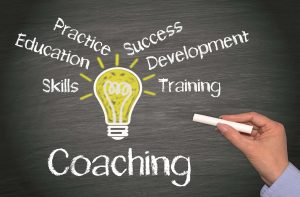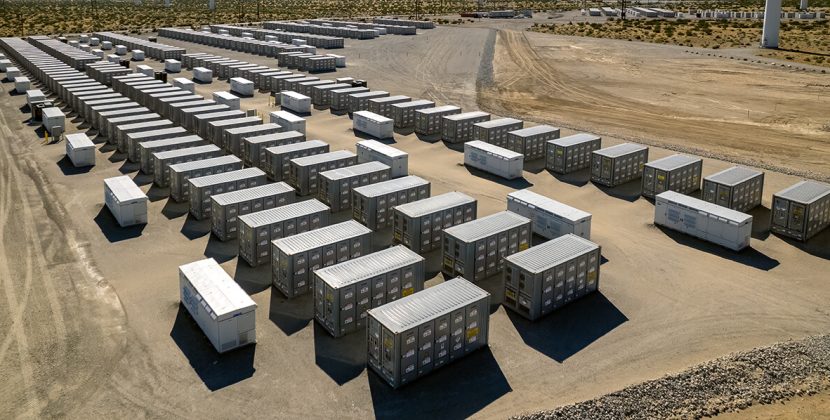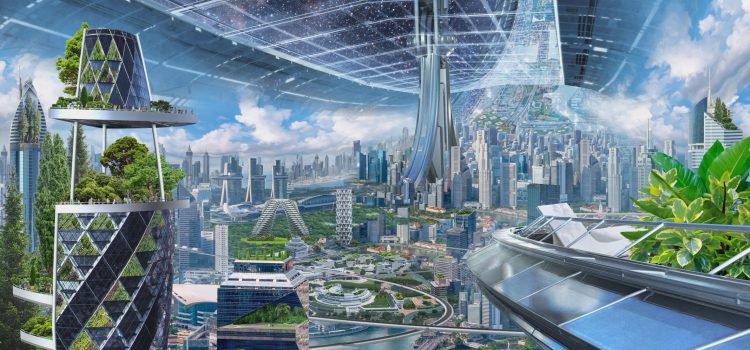
Introduction :
In this dynamic era, understanding the paradigm shift in education becomes paramount. Future-Focused Education 2024 to 2025 transcends traditional boundaries, embracing a holistic approach to learning that encompasses not only academic knowledge but also essential life skills and competencies. With the integration of cutting-edge technologies, educational institutions are poised to revolutionize the way knowledge is imparted and acquired.
Navigating Technological Advancements in Education:
Technological innovations such as artificial intelligence, augmented reality, and blockchain are reshaping the educational landscape, offering unprecedented opportunities for personalized learning experiences. From virtual classrooms to adaptive learning platforms, technology holds the key to unlocking the full potential of every learner, irrespective of their background or abilities. Despite its transformative potential, the adoption of Future-Focused Education 2024 to 2025 faces several hurdles. Resistance to change, entrenched institutional practices, and resource constraints often impede progress towards reimagining the educational ecosystem. Furthermore, ensuring equitable access to quality education remains a pressing concern, requiring concerted efforts to bridge the digital divide and address socio-economic disparities.
Addressing Equity and Accessibility:

Achieving inclusive Future-Focused Education 2024 to 2025 necessitates proactive measures to ensure that marginalized communities have equal access to educational opportunities. By leveraging technology for remote learning initiatives and investing in infrastructure development, policymakers can empower learners from diverse backgrounds to thrive in an ever-evolving knowledge economy. At the heart of Future-Focused Education 2024 to 2025 lies a commitment to fostering critical thinking, creativity, and adaptability the cornerstones of success in the 21st century. By embracing emerging pedagogies such as project-based learning and experiential education, educators can nurture the next generation of innovators and problem solvers, equipped with the skills to navigate an increasingly complex world.
Integration of Emerging Technologies:
From AI-powered tutoring systems to immersive virtual simulations, the integration of emerging technologies holds immense promise for enhancing the learning experience. By harnessing the power of data analytics and predictive modeling, educators can personalize instruction to meet the unique needs and learning styles of individual students, fostering deeper engagement and retention. Empowering educators to embrace innovation and adapt to evolving pedagogical practices is crucial for the successful implementation of Future-Focused Education. Continuous professional development programs, collaborative learning communities, and mentorship opportunities can equip teachers with the tools and strategies needed to effectively facilitate transformative learning experiences.
Collaboration and Networking:
Building a culture of collaboration and knowledge sharing is essential for fostering a vibrant ecosystem of learning and innovation. By forging partnerships with industry stakeholders, academia, and community organizations, educators can tap into a wealth of resources and expertise, enriching their teaching practice and expanding the horizons of student learning. The transition to Future-Focused Education 2024 to 2025 promises to revolutionize the way students learn, grow, and succeed in an increasingly interconnected world. By nurturing creativity, curiosity, and resilience, educators can empower students to become lifelong learners, capable of adapting to rapid changes and embracing new opportunities with confidence.
Fostering Creativity and Innovation:

Encouraging students to think critically, explore diverse perspectives, and pursue their passions is essential for fostering a culture of creativity and innovation. By providing opportunities for hands-on experimentation, collaborative projects, and real-world problem-solving, educators can inspire the next generation of inventors, entrepreneurs, and change-makers. As the job market continues to evolve, so too must our approach to education. Future-Focused Education places a premium on developing transferable skills such as critical thinking, communication, and digital literacy, which are indispensable for success in the future workforce. By instilling an entrepreneurial mindset and a spirit of resilience, educators can empower students to thrive in a rapidly changing economy.
Developing Transferable Skills for the Future Workforce:
Preparing students for the jobs of tomorrow requires a proactive approach to skills development and career readiness. By integrating work-based learning experiences, internships, and apprenticeships into the curriculum, educators can bridge the gap between education and employment, equipping students with the practical skills and industry knowledge needed to succeed in their chosen fields. The principles of Future-Focused Education are not bound by geographical or cultural boundaries but are universally applicable to diverse contexts and settings. By embracing cultural diversity and linguistic plurality, educational institutions can enrich the learning experience and foster global citizenship. Learning from global best practices and sharing experiences can accelerate progress towards building a more inclusive and equitable education system worldwide.
Addressing Cultural and Linguistic Diversity:
Promoting multilingualism, cultural awareness, and intercultural dialogue is essential for creating an inclusive learning environment that celebrates diversity and fosters mutual respect. By incorporating culturally relevant content and perspectives into the curriculum, educators can empower students to appreciate their own heritage while cultivating empathy and understanding for others.
Conclusion:
Realizing the full potential of Future-Focused Education requires strong political will, strategic investments, and multi-stakeholder collaboration. Government support and funding are essential for scaling innovative initiatives. The landscape of education is rapidly evolving, propelled by technological advancements, changing societal needs, and emerging global challenges. As we look ahead to the years 2024 and 2025, the concept of Future-Focused Education emerges as a beacon of innovation and adaptability in preparing learners for the complexities of tomorrow’s world.










